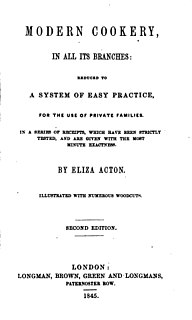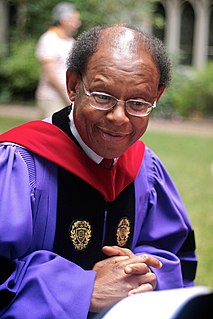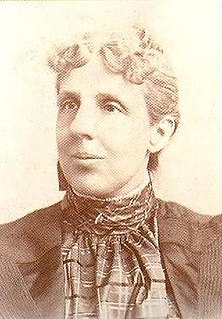A Quote by Carl Jung
In the second half of life the necessity is imposed of recognizing no longer the validity of our former ideals but of their contraries. Of perceiving the error in what was previously our conviction, of sensing the untruth in what was our truth, and of weighing the degree of opposition, and even of hostility, in what we took to be love.
Related Quotes
It can be set down as a broad, general principle that we cannot indulge in idleness and abundance during both the first and second half of our life. Study, application, industry, enthusiasm while we are young usually enable us to enjoy life when we grow older. But unless we toil and strive and earn all we can in the first half, the second half of our life is liable to bring disappointment, discomfort, distress. The time to put forth effort is when we are most able to do it, namely, in the years of our greatest strength. The law of compensation hasn't ceased to function.
Indeed our survival and liberation depend upon our recognition of the truth when it is spoken and lived by the people. If we cannot recognize the truth, then it cannot liberate us from untruth. To know the truth is to appropriate it, for it is not mainly reflection and theory. Truth is divine action entering our lives and creating the human action of liberation.
We are not commanded (or forbidden) to love our mates, our children, our friends, our country because such affections come naturally to us and are good in themselves, although we may corrupt them. We are commanded to love our neighbor because our natural attitude toward the other is one of either indifference or hostility.
We call our intuition our sixth sense, but in reality it would be called our first sense, because it's rooted in quantum nature of reality. It was around long before our solar system and our planetary system were even formulated or even organized. It is at the basis of how our normal sensing works. So instead of being our sixth sense or even â€" using the parapsychological term â€" "extrasensory perception," it's not. It's at the basis of our perception, and that's the quantum world.
We all reject out of hand the idea that the love of our life may be something light or weightless; we presume our love is what must be, that without it our life would no longer be the same; we feel that Beethoven himself, gloomy and awe-inspiring, is playing the “Es muss sein!” to our own great love.
The corporeal element in man is a large screen and partition that prevents him from perfectly perceiving abstract ideals; this would be the case even if the corporeal element were as pure and superior as the substance of the spheres ; how much more must this be the case with our dark and opaque body. However great the exertion of our mind may be to comprehend the Divine Being or any of the ideals, we find a screen and partition between God and us.
Our … reduceth to a single origin and relateth to a single , and maketh contraries to coincide so that there is one primal foundation both of origin and of end. From this coincidence of contraries, we deduce that ultimately it is divinely true that contraries are within contraries; wherefore it is not difficult to compass the knowledge that each thing is within every other.





































